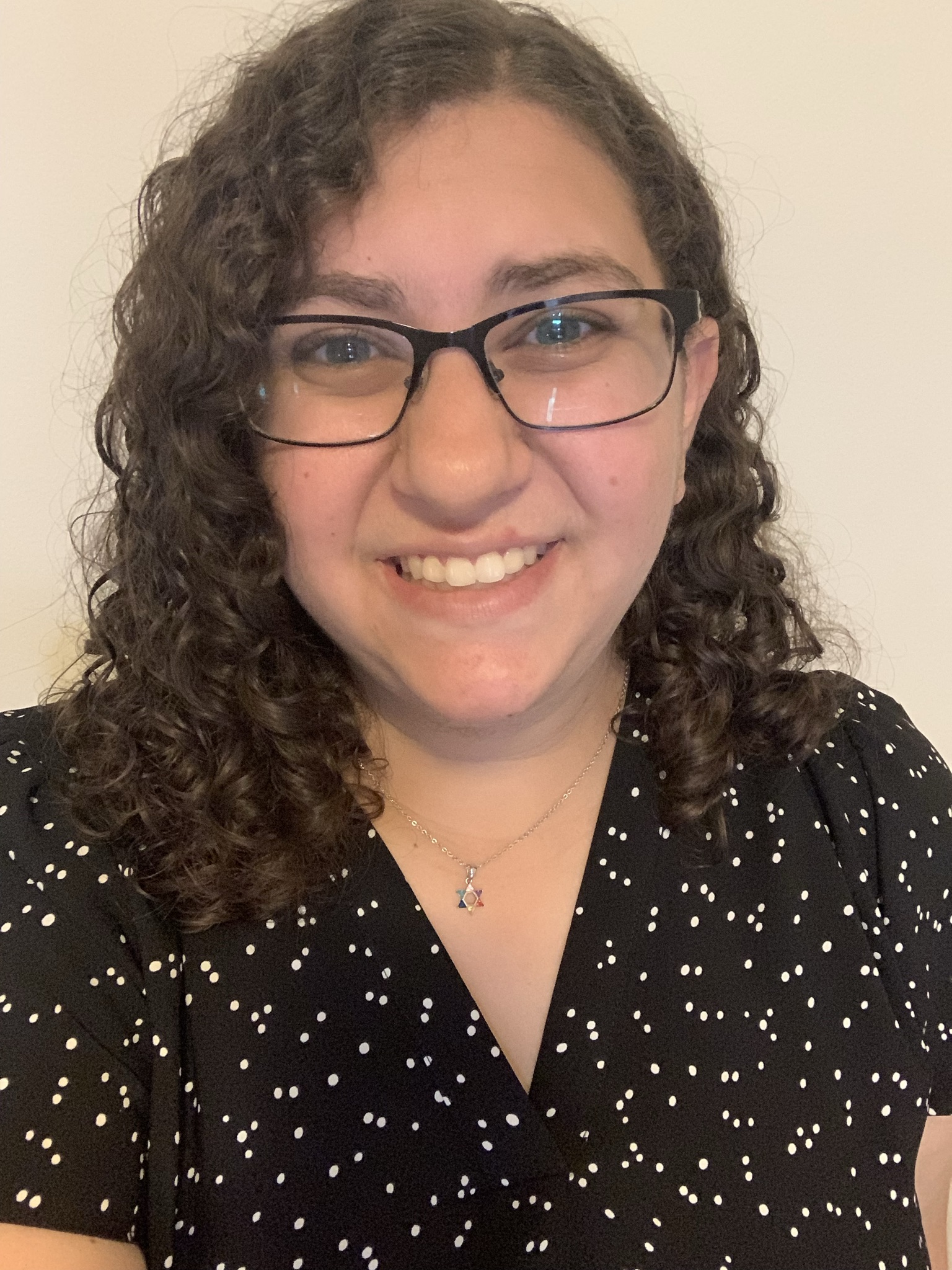Lauren Feldman (she/they) joined the Office of Diversity, Inclusion, and Multicultural Education (ODIME) in September as the Assistant Director for Gender Equity and Sexuality. In addition to advocating for the university’s lesbian, gay, bisexual, trans, queer, intersex, asexual, aromantic, agender, and pansexual (LGBTQIAP+) students, Feldman works with partners around campus to educate the WPI community about gender and sexuality issues. They worked in residential services for eight years before coming to WPI and have undergraduate degrees in psychology and music, as well as a master’s degree in college student affairs.
Q: What attracted you to this position at WPI?
A: I’m a very students-first person, so everything for me comes back to how I can support students in their college journey. When I was in college we didn’t have a queer resource center or a person who specialized in working with queer and trans students. We didn’t have someone who specialized in women’s issues. We had one multicultural center that had one, maybe two staff members. So I found myself and did my own journey when I was in college, without support. I was able to do it and I’m proud of that journey, but now I’ve realized that I want to provide that support for students. I especially like working with very determined and very ambitious students like those at WPI because I know they’re going to go off and do really cool things in their future, so I want to support them.
Q: What do you see as some of the most pressing issues for the LGBTQIAP+ community on campus and how are you working to address those issues?
A: We have people who are coming to WPI from all places of understanding and knowledge about gender and sexuality. More and more people are coming out earlier, so there are those who are arriving at college already out with their family and friends. But we also have people who come to college knowing nothing about these topics, and we live in a culture that can be very quick to cancel people who don’t have that knowledge base.
More specifically, I’ve seen that sexuality seems to be pretty well understood on campus, but gender seems less understood. That’s true in society, too, I think. More people understand ‘gay’ than ‘trans.’ To remedy that is going to take an ongoing conversation, which involves both education and building community. I want to be a resource that’s available for people within both the LGBTQIAP+ community and the larger community at WPI, all while centering joy.
I’m really trying to help students figure out what it is they’re looking for and then support them in getting those things. I don’t have full answers yet, but I know that we have some really great student groups at WPI and other student groups in the making—all who deserve credit for the community and educational work they are already doing and will continue to do.
Q: Because there are a variety of perspectives on LGBTQIAP+ issues throughout the world, are there special challenges and/or benefits to your work on a campus like ours, with an international student body?
A: Just like the conversation varies in the 50 states, it also varies in different countries. In some countries, queer people have fewer rights than we do in the United States. In some they have the same or different rights. That could mean that people are coming to WPI looking for different types of support, different types of community. It could also mean that there are people coming from countries where they don’t talk about gender and sexuality at all. And, to be fair, the same can be said for some of the U.S. states. So people are coming to campus with very different knowledge bases—and that’s okay. College is a great place to learn about different perspectives. Having those conversations and learning about other people’s experiences can really open up our minds.






